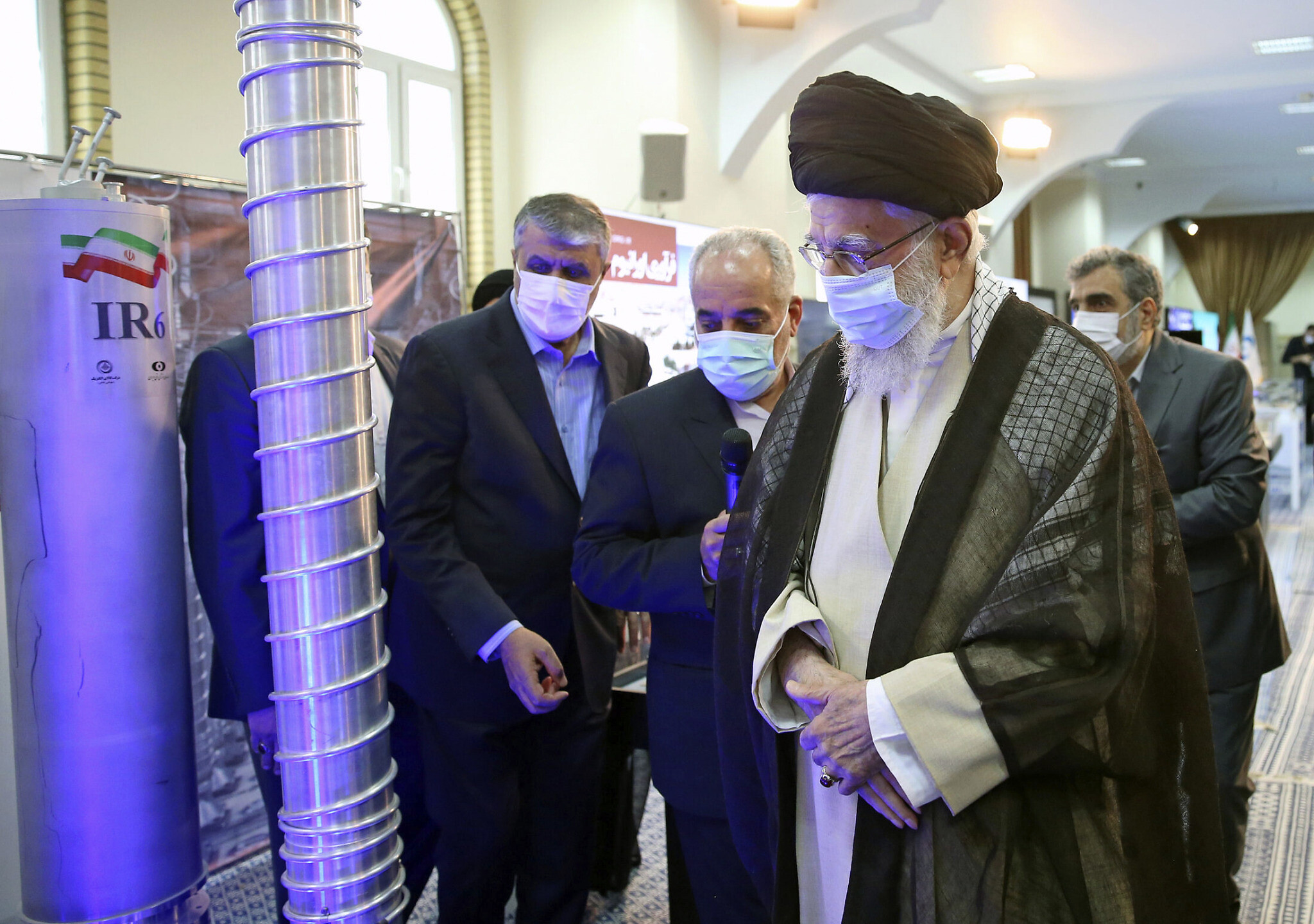The diplomatic fallout raises questions about regional stability and highlights the need for diplomatic solutions, highlighting the delicate balance needed for peaceful cohabitation. Tensions rise as Pakistan launches counterattacks in response to an alleged Iranian incursion, just days after an attack on a terrorist organization’s headquarters inside its borders.
Reaction To The Strike By Iran

Pakistan retaliates in reaction to Iran’s attack on the Pakistani headquarters of a terrorist group, changing the course of the battle significantly. The reports of these attacks were verified by Pakistan’s Foreign Ministry, which said that the air force of the nation had carried out retaliatory strikes against Iranian insurgent organizations.
A local official told Iranian state television that four children and three women were killed in the Pakistani bombing against Iran, according to an AP report. Following the deaths of two children in the southern province of Baluchistan, Iran launched an offensive on Pakistani soil on Tuesday that resulted in attacks in the provinces of Sistan and Balochistan.
The strikes in Iran were not acknowledged right away. The Baloch separatist groups, the Balochistan Liberation Front and the Balochistan Liberation Army were the target of Iran’s strikes, which heightened tensions.
Envoy Blocked Amid Tensions in Diplomacy In Iran

Pakistan takes a diplomatic stand by preventing Iran’s representative from returning to Islamabad following the strike, which further complicates matters. The violation of sovereignty is sharply denounced by Pakistan’s Ministry of Foreign Affairs, which also highlights the two countries’ current lines of communication.
Unprecedented Attacks on the Bases of Jaish Al Adl
Iran responds by carrying out previously unheard-of drone and missile attacks on what are thought to be the Pakistani bases of the Baloch militant organization Jaish al-Adl. Iran argues that these are acts of self-defense against an identified terrorist group that has attacked its territory.
Baloch Liberation Army’s Role

The battle is further complicated by the Baloch Liberation Army (BLA), which aims to create an independent state of Greater Balochistan. The BLA’s actions raise worries because it is well-known for attacking Pakistani military and infrastructure, particularly the China-Pakistan Economic Corridor (CPEC).
Regional and International Responses

India has a zero-tolerance policy towards terrorism while acknowledging the right of states to defend themselves. China and the US both voice concerns, pointing out how the incident may affect the already complicated Middle East situation.
Handling Diplomacy in the Face of Increasing Conflicts
The difficulties in preserving regional stability grow when cross-border conflict intensifies. In order to address the growing hostilities and provide a road towards peace in the region, diplomatic measures are desperately needed.
The Ministry of Foreign Affairs in Pakistan strongly disapproved of the sovereignty violation and called it “completely unacceptable,” despite the fact that there are lines of contact between the two countries.
Iran responded by launching previously unheard-of drone and missile attacks on purported bases of the Baloch militant organization Jaish al-Adl in Pakistan. Claimed to be an act of self-defense, this action caused casualties and property damage in the Panjgur region close to the border.
Follow Us:
Youtube | Google News |
Igniteds is on YouTube; click here to subscribe for the latest videos and updates.



























